I have seen this on many websites, and it turns out that someone came to me yesterday asking me if you could put a drop of Frankincense Essential oil on the roof of your mouth to help with sinus issues and possibly sinus cancer.
First of all, the essential oil is made up of many chemicals. A lot of these chemicals are good for you and a lot are not so good if used incorrectly.
Essential oils are highly concentrated plant material whether they are made from plants or trees or resin.
We are not talking about a few plants to make the essential oil. We are talking about hundreds of pounds of plants to make one 10 ml bottle of the oil.
So, taking a drop and putting it anywhere is not a piece of the plant, but made up of hundreds of pieces of plant material.
Frankincense, depending on which species contains a high amount of the chemical alpha-pinene. While this chemical in lower doses is excellent for inflammation, in higher doses it is considered hazardous.
Did you know that this chemical is in many of your cleaning products not just a makeup of the plant.
Alpa - Pinene
“If Harmful if swallowed, inhaled or absorbed through skin. High concentrations are extremely destructive to mucous membrane and upper respiratory tract, eyes and skin. Symptoms of exposure may include burning sensation, coughing, wheezing, laryngitis, shortness of breath, headache, nausea and vomiting. (USCG, 1999)”
“Turpentine and the monoterpenes (alpha-pinene, beta-pinene, 3-carene) are skin and mucous membrane irritants, and in high concentrations, are central nervous system (CNS) depressants. A dermal sensitizer; [ACGIH] A skin, eye, and mucous membrane irritant; Toxic by ingestion with effects similar to turpentine poisoning; Mean lethal oral dose for adult = 4-6 oz; Potential health effects include CNS depression and kidney damage; [HSDB] Harmful by inhalation, ingestion, and skin absorption; [CAMEO] An irritant; May cause skin sensitization”
Frankincense essential oil has a high percentage of this chemical as per gc reports which is very good, because it helps with inflammation, and is very grounding, and balancing as a whole, but if used incorrectly can create a disaster.
Also, frankincense essential oil has a flashpoint and should be kept away from fire. There are so many essential oils that have the same flashpoint so you have to be very careful, so you know which ones are and which ones are not and how to use them correctly.
So, I am not saying that frankincense, essential oil is bad for you it is not recommended to take it internally every day because of its high concentration in the essential oil and the chemicals that are in it. There are many other chemicals in it not just this one and each one while have great benefits, some do not.
Putting it on the roof of your mouth or actually anywhere in your mouth on a daily basis, can cause more harm than good.
Unless you’ve learned how each of these chemicals work in these plants, you do not have the education to play with this by yourself.
And I’m not saying that essential oils cannot be ingested, but to ingest them, you should be under a trained professional, clinical aromatherapist, who has extensive training in a medical background in Essential Oils. She or he can instruct you on what to do.
The resin has the same chemicals, except a piece of it is not highly concentrated like the essential oil.
So if you wanted to put it in your mouth, I don’t see a problem with that, and it will still absorb into your bloodstream.
Please don’t let a multi-market level rep advise you to do this. Many of them do not have the education needed to prescribe and many and not medical personnel. Ask someone who is a clinical aromatherapist for advice like the person asked me. Even I don’t tell you to ingest the oils even though I have a Certification in aromatic medicine I’m not a doctor, or nurse or a medical practitioner.
Please get the education and do some research online before you listen to those that are not qualified.
I love frankincense, essential oil I sell it but I sell it and teach people how to use it correctly to get the full benefits out of it without causing any problems.
Reference:
alpha-PINENE | C10H16 | CID 6654 - PubChem (nih.gov)
First of all, the essential oil is made up of many chemicals. A lot of these chemicals are good for you and a lot are not so good if used incorrectly.
Essential oils are highly concentrated plant material whether they are made from plants or trees or resin.
We are not talking about a few plants to make the essential oil. We are talking about hundreds of pounds of plants to make one 10 ml bottle of the oil.
So, taking a drop and putting it anywhere is not a piece of the plant, but made up of hundreds of pieces of plant material.
Frankincense, depending on which species contains a high amount of the chemical alpha-pinene. While this chemical in lower doses is excellent for inflammation, in higher doses it is considered hazardous.
Did you know that this chemical is in many of your cleaning products not just a makeup of the plant.
Alpa - Pinene
“If Harmful if swallowed, inhaled or absorbed through skin. High concentrations are extremely destructive to mucous membrane and upper respiratory tract, eyes and skin. Symptoms of exposure may include burning sensation, coughing, wheezing, laryngitis, shortness of breath, headache, nausea and vomiting. (USCG, 1999)”
“Turpentine and the monoterpenes (alpha-pinene, beta-pinene, 3-carene) are skin and mucous membrane irritants, and in high concentrations, are central nervous system (CNS) depressants. A dermal sensitizer; [ACGIH] A skin, eye, and mucous membrane irritant; Toxic by ingestion with effects similar to turpentine poisoning; Mean lethal oral dose for adult = 4-6 oz; Potential health effects include CNS depression and kidney damage; [HSDB] Harmful by inhalation, ingestion, and skin absorption; [CAMEO] An irritant; May cause skin sensitization”
Frankincense essential oil has a high percentage of this chemical as per gc reports which is very good, because it helps with inflammation, and is very grounding, and balancing as a whole, but if used incorrectly can create a disaster.
Also, frankincense essential oil has a flashpoint and should be kept away from fire. There are so many essential oils that have the same flashpoint so you have to be very careful, so you know which ones are and which ones are not and how to use them correctly.
So, I am not saying that frankincense, essential oil is bad for you it is not recommended to take it internally every day because of its high concentration in the essential oil and the chemicals that are in it. There are many other chemicals in it not just this one and each one while have great benefits, some do not.
Putting it on the roof of your mouth or actually anywhere in your mouth on a daily basis, can cause more harm than good.
Unless you’ve learned how each of these chemicals work in these plants, you do not have the education to play with this by yourself.
And I’m not saying that essential oils cannot be ingested, but to ingest them, you should be under a trained professional, clinical aromatherapist, who has extensive training in a medical background in Essential Oils. She or he can instruct you on what to do.
The resin has the same chemicals, except a piece of it is not highly concentrated like the essential oil.
So if you wanted to put it in your mouth, I don’t see a problem with that, and it will still absorb into your bloodstream.
Please don’t let a multi-market level rep advise you to do this. Many of them do not have the education needed to prescribe and many and not medical personnel. Ask someone who is a clinical aromatherapist for advice like the person asked me. Even I don’t tell you to ingest the oils even though I have a Certification in aromatic medicine I’m not a doctor, or nurse or a medical practitioner.
Please get the education and do some research online before you listen to those that are not qualified.
I love frankincense, essential oil I sell it but I sell it and teach people how to use it correctly to get the full benefits out of it without causing any problems.
Reference:
alpha-PINENE | C10H16 | CID 6654 - PubChem (nih.gov)
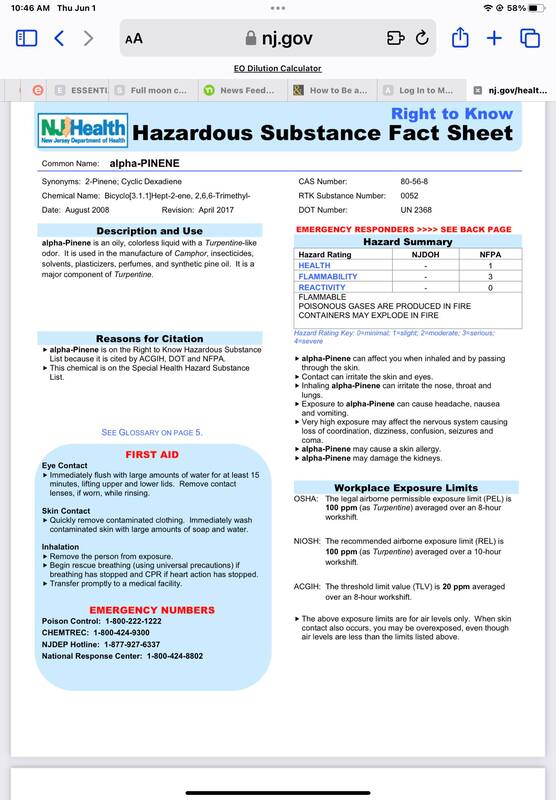
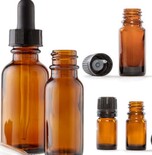
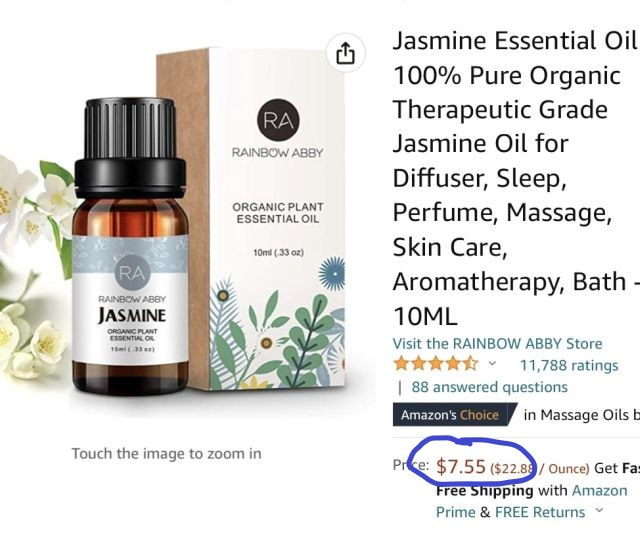
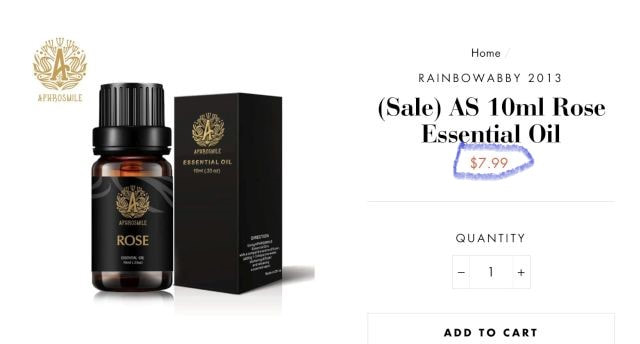
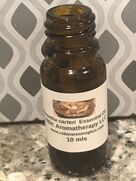
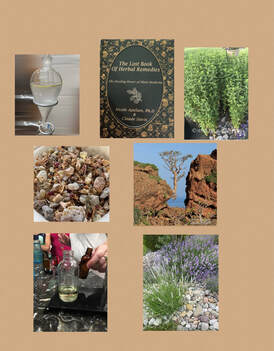
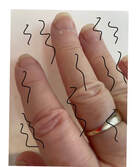
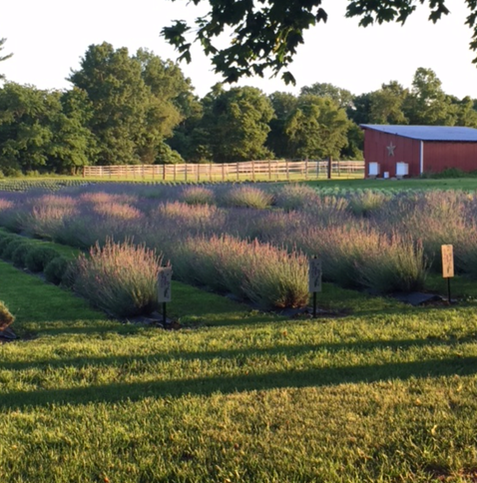
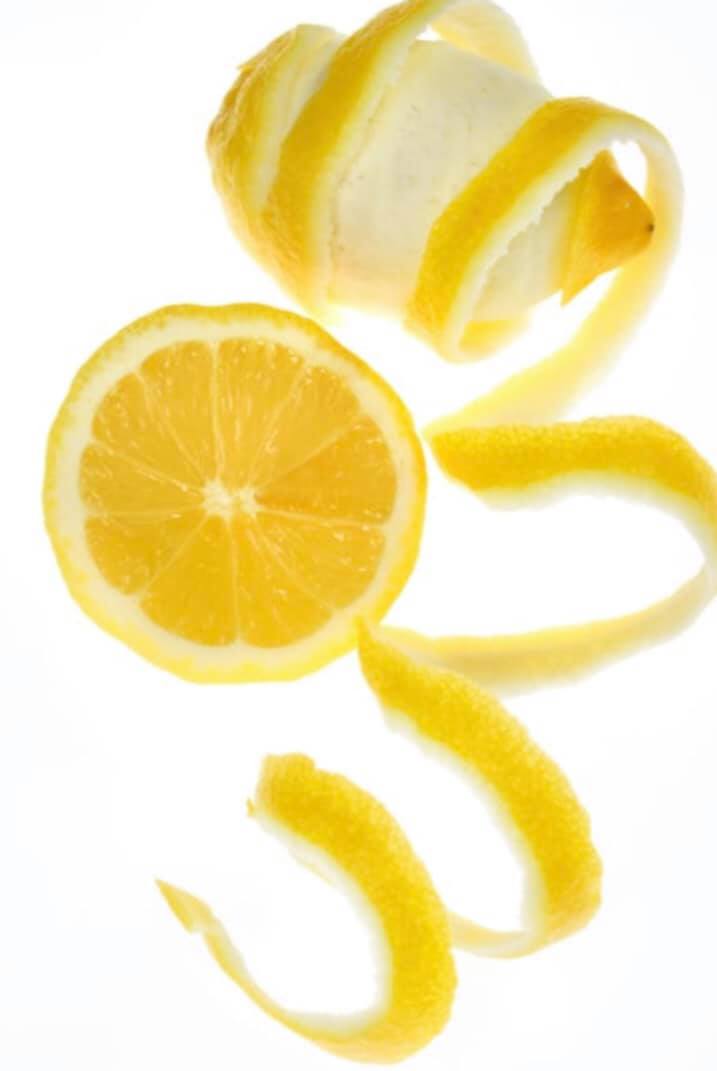
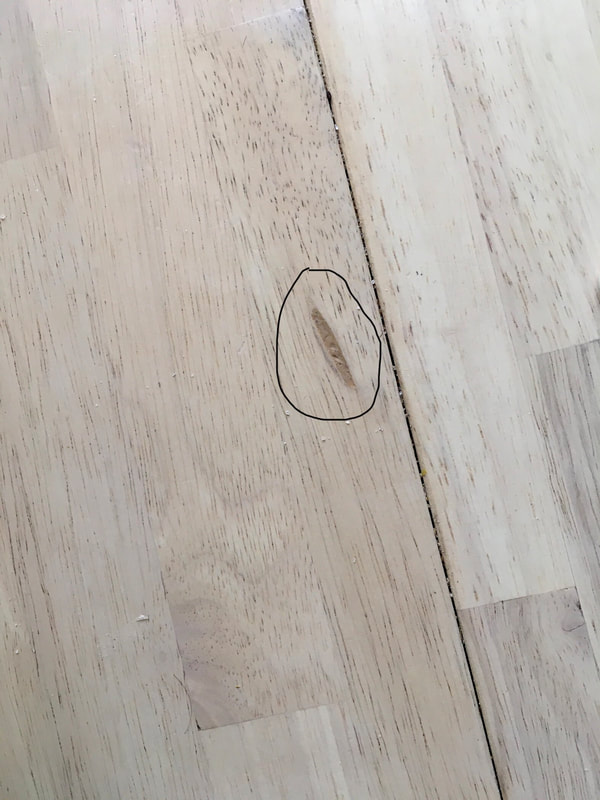

 RSS Feed
RSS Feed

